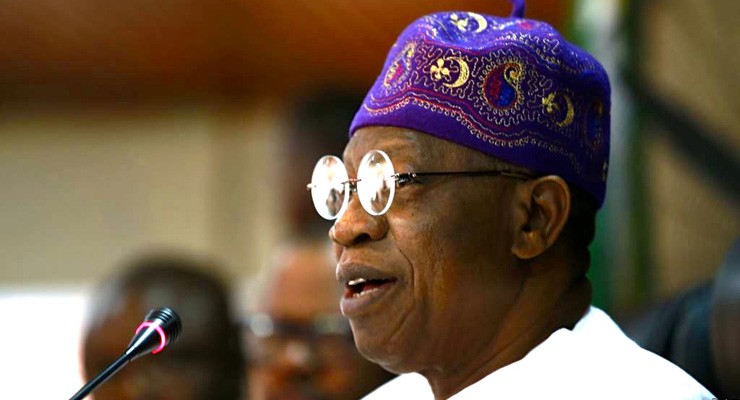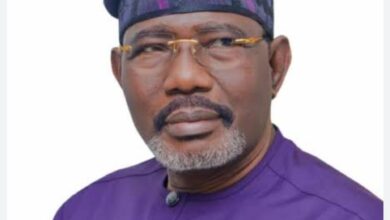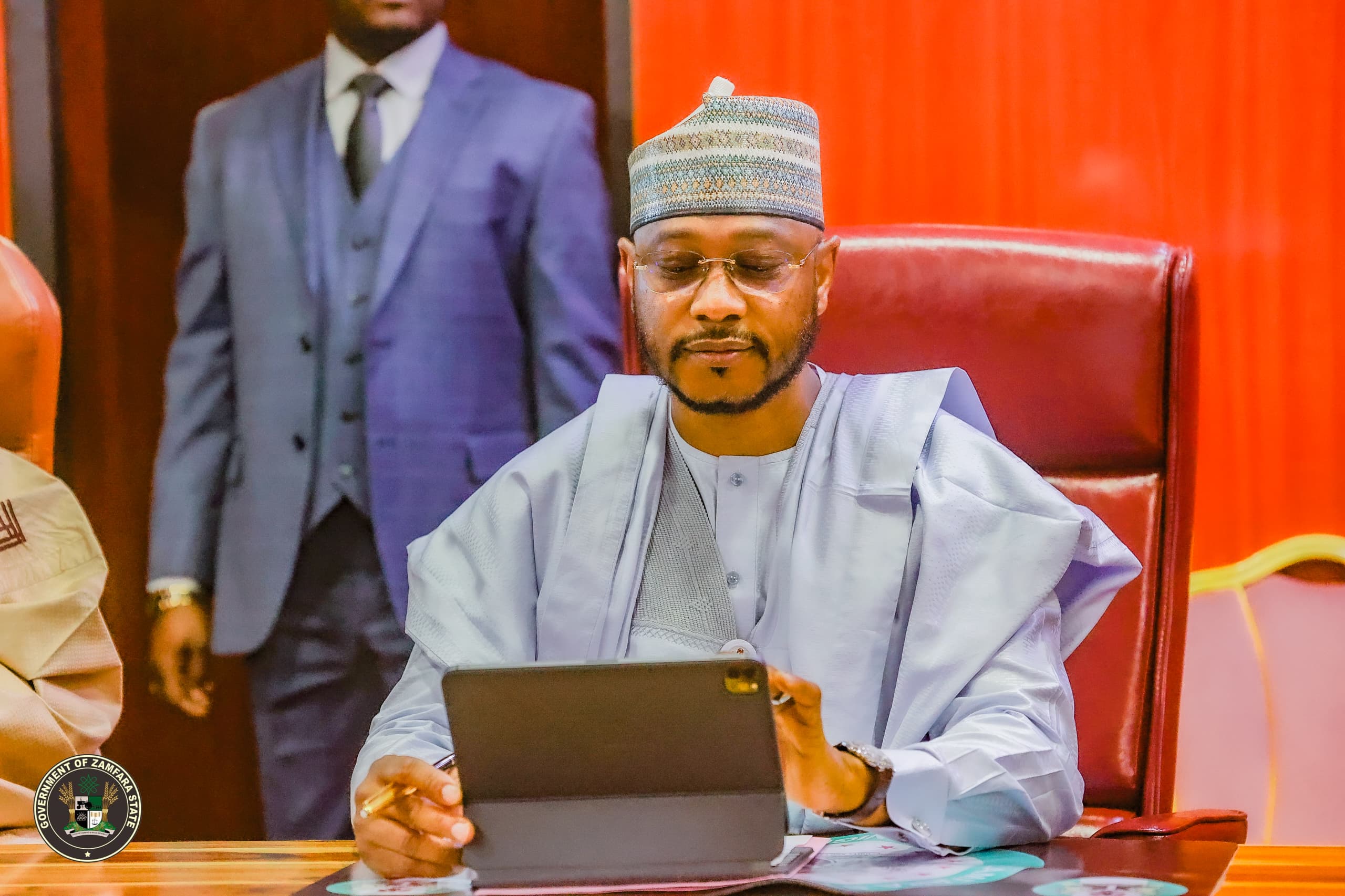Kebbi has capacity to deliver 50% Nigeria’s rice need, Commissioner declares as Lai Mohammed proves to critics FG tells truth

*Lai Mohammed leads journalists to state to see things for themselves
*FG commended over progress in agriculture
Kebbi has the capacity to deliver 50 percent of Nigeria’s rice requirements with continuous support of the Federal Government’s Anchor Borrowers Programme.
The state Commissioner for Agriculture, Alhaji Garba Dandiga disclosed this while conducting a team of journalists on inspection of 50 km by 20 km FADAMA rice plantation in Suru.
The Minister of Information and Culture, Alhaji Lai Mohammed had on Sunday led the newsmen to Kebbi to assess the progress of rice revolution championed by the federal government in the state.
Dandiga said 16 local government areas were in serious rice production in the state and millions of youths and retirees were engaging in rice farming accross the state.
Specifically, the commissioner said that with expectations of bounty harvest in 2018, the Suru Fadama farms will turn out 2.5 million tonnes of paddy.
He recalled that in 2017, 1.5 million tonnes of paddy were harvested from the Suru farms.
Dandiga said that there were eight bigger paddy farms across the state supported with value chains of mills and markets.
He said Suru is an organised rice value chain with method that ensures that every bag and lorry load of paddy out of the place are recorded.
The Commissioner said that in order to boost production, the government recently procured 100 tractors, 300 power tillers, 300 thrashers and 200 reapers to support the farmers.
He said the state government was giving the tractors at subsidised rate upon a part payment by interested farmers who would be given time to pay the balance in instalment.
Dandiga commended the federal government for its fertiliser policy which he said were readily available to farmers at a cheaper rate of N5,500 per bag compared to N9000 price in the open market.
The team had earlier inspected the Lambunmaba Fadama rice farms in Kamba, a border community with Niger Republic.
One of the farmers, Alhaji Ibrahim Salihu said Niger Republic was about one kilometre from the town and the borderline were a lined up of local palm tree.
He said they co exist peacefully and during planting and harvesting seasons they source labour from Niger Republic to work on the Fadama rice farms
Salihu said the major challenge of farmers was sourcing petrol to power generator that pumped underground water from the wells dug in the farms.
During the inspection there were movement of motor bikes each ferrying not less than eight 50 litres jerry cans of petrol into the farms.
Salihu called on government to provide solar powered pumping machines for the farmers to ease their sufferings and to prevent possible smuggling of petroleum products across the border.
At Oroba Fadama farms also in Kamba Dandiga, the agric commissioner said the rice plantations span 40 kilometres and the farmers were preparing for dry season cultivation.
The commissioner also conducted the team on inspection of a rice mill under construction also at Kamba in Dandi local government area.
He said the mill owned by an indigenous entrepreneur was borne out of the rice revolution to ensure offtakers for paddy.
Alhaji Mahmudu Fanna, the district head of Kamba said that the mill had two production lines of 120 tonnes and 250 tonnes daily productions respectively.
The team were also at Kamba rice market where Fanna told newsmen that not less than 10 truck loads of paddy were sold daily to the big rice millers.
On Nov, 11, 2016, Chief Audu Ogbeh, Minister of Agriculture and Rural Development, said Nigeria’s demand for rice was currently at seven million tonnes but the local production was at about 3.5 million tonnes, adding that there was a deficit of four million tonnes.
The minister said this while receiving a team of Russian investors led by the country’s Ambassador to Nigeria, Udovicnenko Nikolai who visited him in Abuja.









